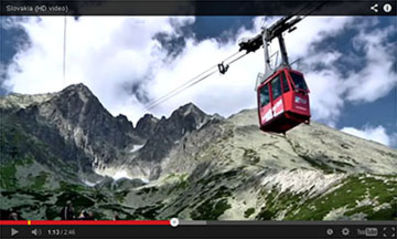Melos - Étos has become a platform for the confrontation of Slovak music with development trends of the current European and world music, both with regard to authors and interpretation. The name of the festival, the author of which is composer Roman Berger, symbolizes that the festival not only strives to present latest trends in the "music design", but also accentuates the ethical and humanistic function of art, the spirituality besieged by the material issues.
The first Melos - Étos International Festival of Contemporary Music was held in 1991. The objective of the festival has been set to present classic works of the 20th-century avant-garde composers and thereby fill in the information vacuum and on the other hand, present works of Slovak and Czech modernist composers spanning from the late 1950s to the present day - authors whose works were often discredited and marginalized.
The dramaturgy of the festival follows two basic lines. Since Melos - Étos is a composer festival, the main emphasis is on the presentation of high-quality works and at least half of them are Slovak premieres. The festival also places exclusive orders with Slovak authors for composition of works to have the first-night performance within the festival concerts. Each festival has its guest - a world-famous composer from another country. As a rule, a concert is dedicated to the works of the festival guest. Since the start of the festival, the guests of the festival have been, among others, György Ligeti, Henryk Mikołaj Górecki, Vinko Globokar, Erkki-Sven Tűrr, Krzysztof Penderecki, Zygmund Krauze, Arvo Pärt, Sofia Gubajdulina, and Steve Reich.
The second trend is the promotion of the latest music by Slovak and foreign composers performed by top performers and ensembles from Slovakia and from other countries. The promotion of works of Slovak authors in other countries is arranged also in such a way that each foreign ensemble plays also Slovak compositions at the festival.
Source: Hudobné centrum





























